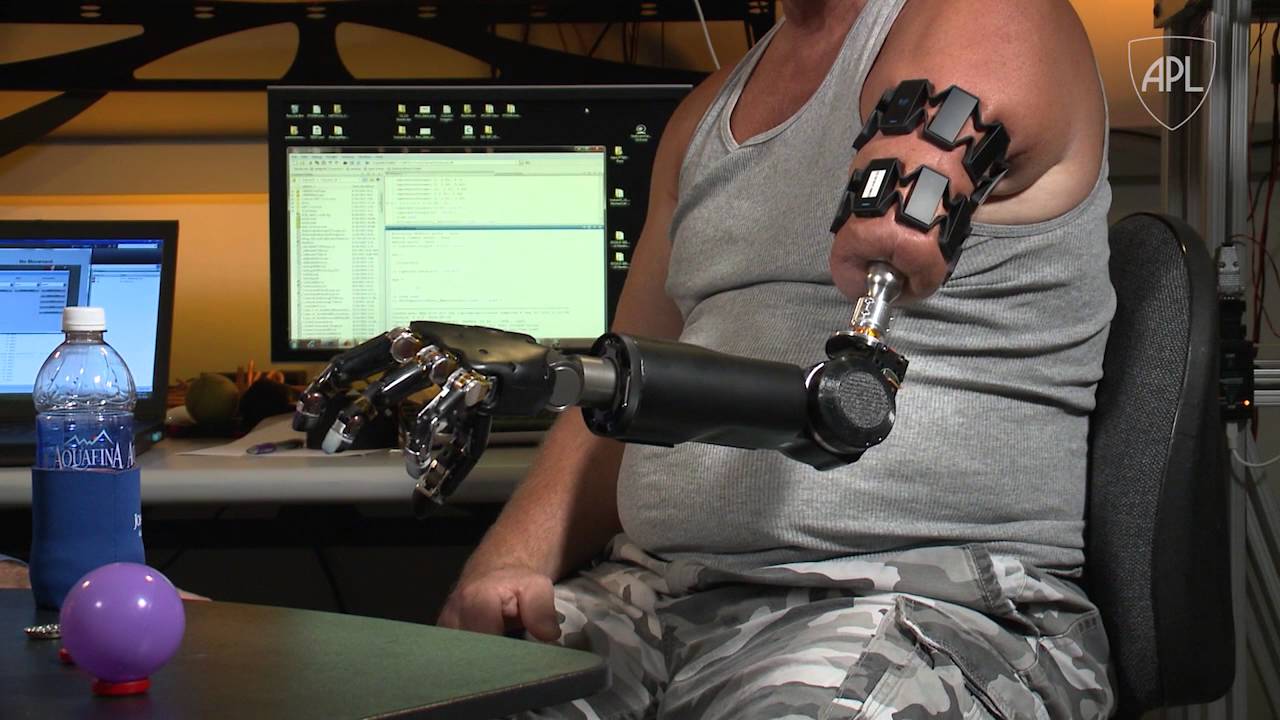
It’s that time of the year again when techno pundits are once again breathlessly telling us all about the technology and innovation trends that will be big in 2013. That’s great, but many of those predictions will be hopelessly wrong by the end of March. That’s why it’s so fascinating that Ray Kurzweil, one of the leading thinkers when it comes to the future of technology, has had such a strong track record in making predictions about technology for nearly two decades. In fact, of the 147 predictions that Kurzweil has made since the 1990’s, fully 115 of them have turned out to be correct, and another 12 have turned out to be “essentially correct” (off by a year or two), giving his predictions a stunning 86% accuracy rate. So how does he do it?
The fact is, Ray has a system and this system is called the Law of Accelerating Returns. In his new book How to Create a Mind: The Secret of Human Thought Revealed, Kurzweil points out that “every fundamental measure of information technology follows predictable and exponential trajectories.” The most famous of these trajectories, of course, has been the price/performance path of computing power over more than 100 years. Thanks to paradigms such as Moore’s Law, which reduces computing power to a problem of how many transistors you can cram on a chip, anyone can intuitively understand why computers are getting exponentially faster and cheaper over time.
The other famous exponential growth curve in our lifetime is the sheer amount of digital information available on the Internet. Kurzweil typically graphs this as “bits per second transmitted on the Internet.” That means the amount of information on the Internet is doubling approximately every 1.25 years. That’s why “Big Data” is such a buzzword these days — there’s a growing recognition that we’re losing track of all the information we’re putting up on the Internet, from Facebook status updates, to YouTube videos, to funny meme posts on Tumblr. In just a decade, we will have created more content than existed for thousands of years in humanity’s prior experience.
Read more

















